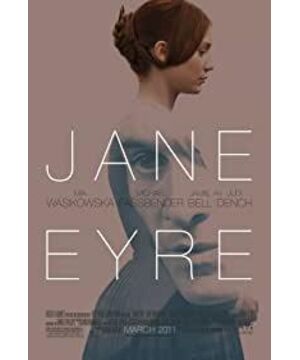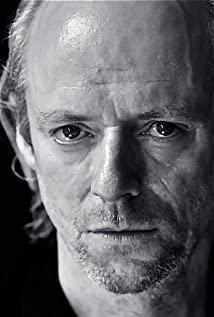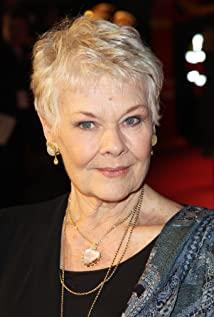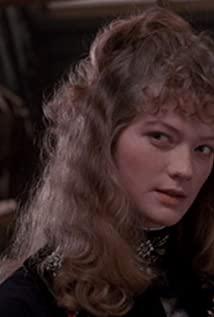The reason why I recommend this film is also because it portrays the character of Jane Eyre quite authentic. In England in the eighteenth and nineteenth centuries, the whole society was still very feudal, and the constraints on women and the hierarchies between people were still very serious. And Jane Eyre embodies this kind of resistance, the resistance to male power, the resistance to the unequal society, and the content of this aspect is more prominent in the book. But in the film, the content of this aspect is shown a little weakly, and if you don't pay attention, it will be understood as just a love story. The love between Jane Eyre and Rochester cannot be equated with the love we understand now. It bears the stamp of dignity and freedom.
Maybe some people don't understand, if you love someone, shouldn't it be when the other person needs you most? Why did Jane Eyre choose to leave after learning about Rochester's pain? The answer to the previous question is yes, but in the appropriate context. If Jane Eyre chooses to stay by Rochester's side, it can be said that she loves each other very much, but she will lose her freedom and dignity. England at that time was monogamous, so she would be nameless. It also means losing self-esteem. As we all know, after marriage, the woman will change to the man's surname, which also means loss of freedom. Jane Eyre did not escape the mundane framework. Although she strived to pursue equality with men, she still gave in on this issue. So all she could do was run away. When St. John asked her to marry her, she finally couldn't escape her inner urge to go back to Rochester, but this time she could be at ease with her lover, who had nothing, even a disability, some kind of To a certain extent, it can be said that they are equal and need each other. Rochester's wives committed suicide, and the worldly barriers to them were gone.
Freedom and respect are the prerequisites for love. This is what the love between them taught me. It's also the biggest takeaway from this film for me. It is always said that the 21st century is an era of democracy and openness, but with all kinds of bizarre news that appear every day, I have to say that women in this era are more cocooned, closed and weak. In Charlotte Brontë's era, women were actively striving for freedom and liberation, while women hundreds of years later pursued a life dependent on men. Is this the repetition of history?
This era is indeed very open, so there is no moral standard; this era is also very tolerant, so all kinds of people have excuses for relief. But with it comes the loss of trust, the annihilation of true love. Many people hate mistresses and lovers, and many people do not have real feelings for such people, so they also take corresponding countermeasures to grab more material security for the rest of their lives. When everyone tore their faces, they euphemistically called it "everyone gets what they need". Could it be that the mistress and her lover are not sincere? Of course not. Take Picasso, the originator of the modern school of painting, for example, he is full of lovers. Although this is a bit exaggerated, in fact, he has many lovers. But his lover is willing to be with him even if she is nameless and have children for him, even if she gets nothing. In the end, even the other party's sincerity was lost. For example, the existential philosopher Sartre, and his lover Beauvoir, maintained a relationship of friends and lovers throughout their lives. How can this relationship be maintained without self-esteem and a desire for freedom?
It's not that they can do it because they're great, but they're great because they do it. Nowadays, there are many people in China who seem to be very open, pursuing equality between men and women, and pursuing openness and freedom in love, but they have not grasped the essence of them. What right do women have to say that they have no ability to be independent, self-respect and pursue freedom? Today's society advocates democracy and freedom in law and public opinion. It's so much better than those days when women were fighting.
We can't simply blame today's men for their fussiness and desire to control, nor can we simply condemn unspoken rules. If you want to change this situation, you have to eliminate this ethos.
View more about Jane Eyre reviews











